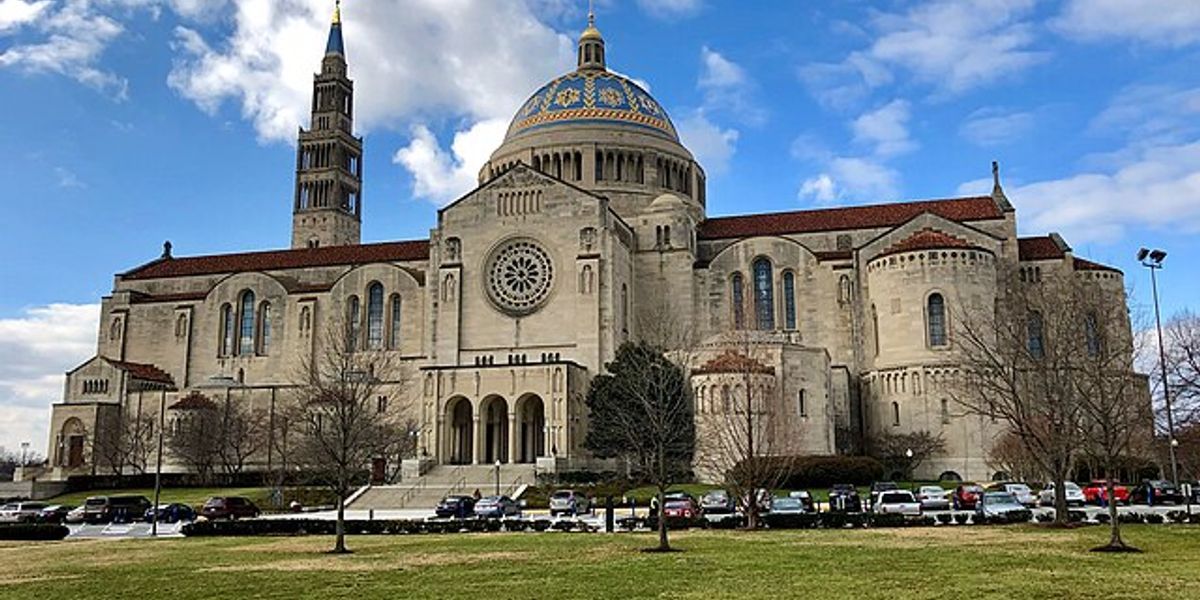Catholic Bishops Weigh in on President-elect Trump and Church's Role in Politics

In a contentious US Conference of Catholic Bishops (USCCB) gathering in Baltimore, Maryland, from November 11-14, the church leaders debated its role in politics amidst an election season that saw President-elect Donald Trump take office. The event provided a platform for bishops to express their views on key issues such as immigration and bioethics.
The most discussed topic of debate was immigration, with several bishops expressing concern over the rise in anti-immigrant sentiment fueled by recent political comments. Archbishop Mark J. Seitz of El Paso led a session where he highlighted the importance of teaching the church's social doctrine to address this issue.
To many attendees, it came as a surprise that a prominent conservative figure, such as Archbishop Salvatore Cordileone of San Francisco, spoke out on migrants' rights and against their dehumanization. Cordileone's impassioned speech was met with widespread applause from fellow bishops.
In another unexpected move, Bishop Michael Burbidge announced an initiative to support people who regretted their decision to terminate a pregnancy in response to the bishops' consistent opposition to abortion.
However, not everyone on the left side of the spectrum was represented at the meeting. Critics, including Bishop Joseph Strickland, spoke out against Pope Francis, arguing that he "does not teach the Catholic faith." The tension highlights the challenges faced by the USCCB in addressing the divisions in American society and engaging in civic life.
The event also saw Cardinals Blase J. Cupich of Chicago and Robert Walter McElroy of San Diego call for the creation of a task force to make the American Church more synodal, reflecting the growing desire for greater reform within the USCCB.
As the bishops concluded their meeting, Archbishop Timothy Broglio urged his colleagues to revisit and promote Forming Consciences for Faithful Citizenship (2023), which outlines key principles for discerning voting decisions and broader civic engagement. The plenary assembly also saw a series of speakers from different dioceses discussing topics ranging from evangelizing disconnected youth to the importance of international humanitarian, military, and spiritual aid.
Despite some contentious debates, the gathering served as an opportunity for USCCB members to come together and address pressing issues affecting American Catholics. The outcome highlights the complexities of being a Catholic in modern America, where party affiliation often seems out of place.
